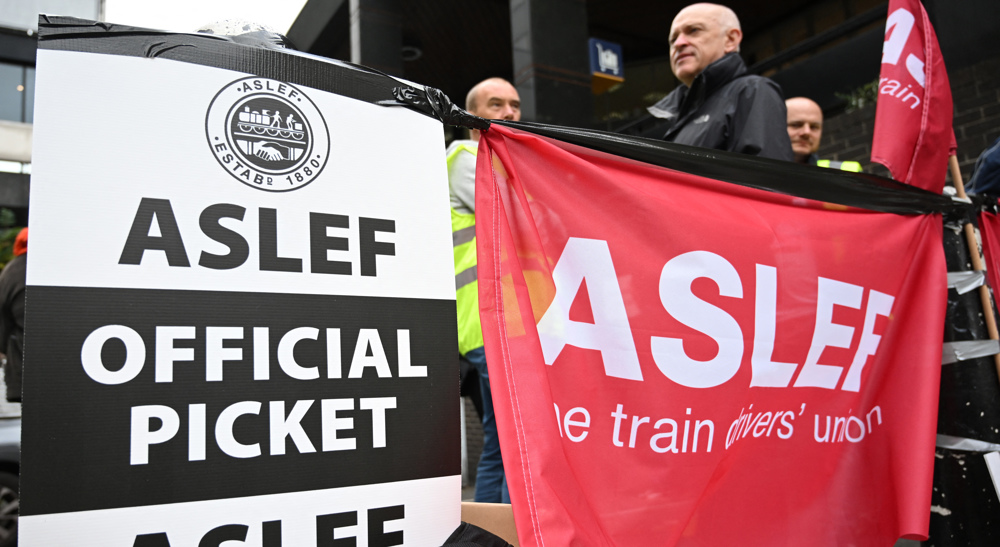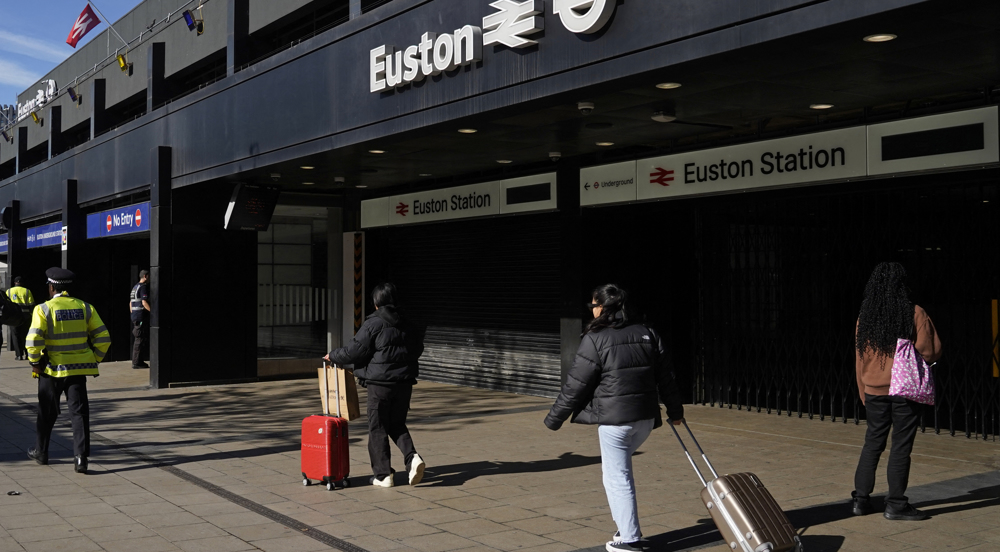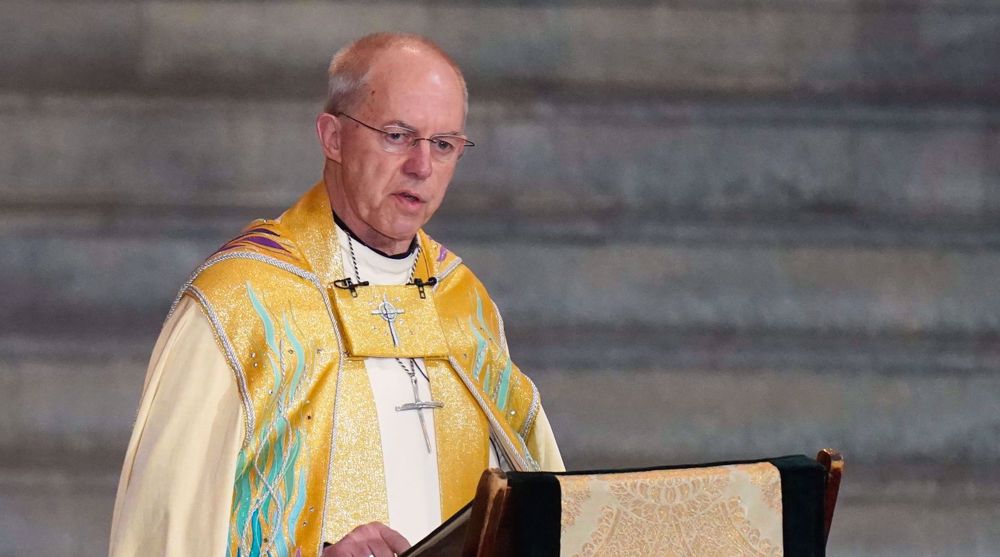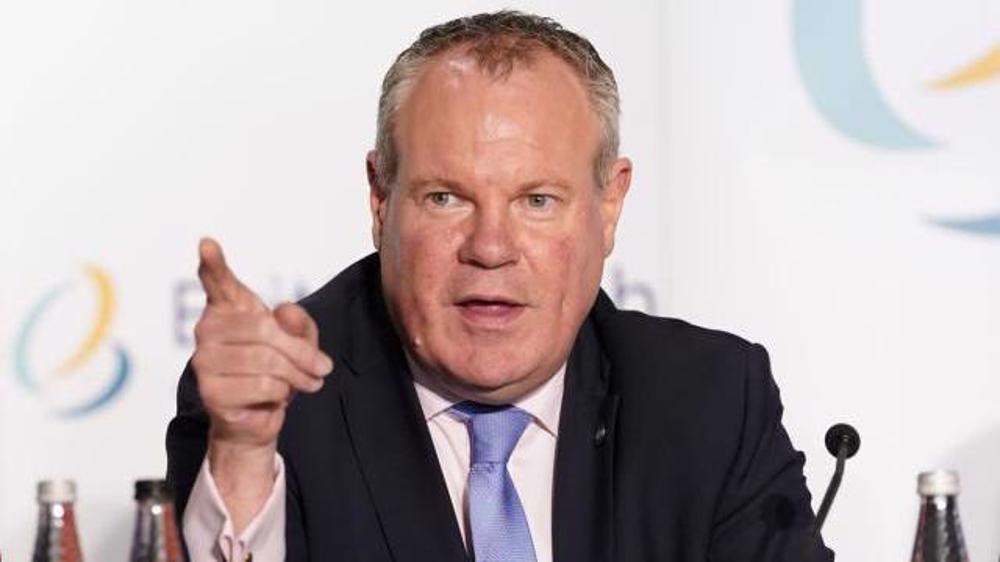In Britain, yet another major strike by railway workers
Train passengers in the United Kingdom face yet another severe transport disruption as thousands of rail workers hold the latest in a string of strikes over jobs, pay and working conditions.
Some 40,000 members of the Rail, Maritime and Transport (RMT) union at Network Rail and 15 train operating companies took part in the strike on Saturday.
People were urged by the unions to “only travel by train if absolutely necessary on Saturday.” Only about 20% of train services were expected to operate across Britain.
“We know that it’s difficult for the public,” said Mick Lynch, general secretary of RMT. “But what we see around the country are more and more people who are fed up with the way they are being treated at work.”
Lynch urged the government to "unshackle" the railway companies and allow them to negotiate a deal with the unions. “I am also hopeful that a negotiated settlement between the RMT and the employers can be reached,” he wrote to the government.
For this to be achieved, the government “must unshackle the train operators who currently take their mandate directly from yourself,” Lynch added.
Railway workers are demanding pay raise to keep pace with decades-high inflation amid a cost-of-living crisis. The sector has spearheaded a wave of industrial action in recent months. Railway workers staged another walkout on October 5 and also took strike action last week, resulting in only 11 percent of trains running nationwide.
Prime Minister Liz Truss's government has vowed to take on “militant unions,” characterizing them as part of an "anti-growth coalition" holding the country back.
Tens of thousands of staff in various industries — from the postal and legal systems to ports and telecommunications — have also gone on strike across Britain since the summer.
Yemen fires hypersonic missile at Israeli airbase
VIDEO | New Delhi chokes under toxic smog as air quality remains at hazardous levels
VIDEO | Press TV's news headlines
VIDEO | ICC's arrest warrant for Netanyahu to worry Western politicians: Former British diplomat
Iranians protest against Israel after Netanyahu ICC warrant
Germany undecided on complying with ICC arrest warrants for Israeli war criminals
VIDEO | Former FBI agent criticizes US Congress for 'outright corruption'
IRGC chief urges Muslim countries to cut aid routes to Israel












 This makes it easy to access the Press TV website
This makes it easy to access the Press TV website